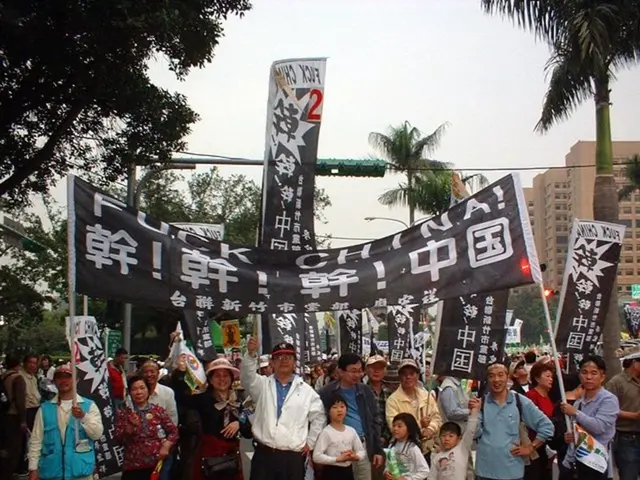Extremist Group Launches Vicious Attack on Thoroughbred Racing Industry
British horseracing falls under the influence of wokedom, suggesting that no sector of society is exempt from identitarian activists. For nearly a decade, policies promoting diversity, equity, and inclusion (DEI) have been pervasive at the British Horseracing Authority (BHA), the sport's governing body, where the author once served as the principal intelligence analyst. This piece explores how a sport traditionally steeped in national pride and tradition ended up embracing identity politics.
The roots of this shift can be traced back to 2017, when French racing authorities argued that female jockeys faced a natural physical disadvantage. In response, the UK maintained that riding was a skill, not inherent strength. The ensuing debate may have seemed innocuous at first, but it set the stage for a more significant ideological clash.
By 2018, Nick Rust, the then-CEO of the BHA, began echoing diversity platitudes. He voiced concern about potential biases within the industry regarding gender, race, or disability. A year later, the BHA adopted nonsensical terminology such as "pregnant person" in surveys, signaling the firm embedment of DEI ideology within the organization. This ideology was imported from universities and organizations like Stonewall and disseminated via training modules such as "LGBT+ awareness." The revision of racing's longstanding ethos from men and women competing equally to "all genders competing equally" further amplified the transformation. Racecourses began displaying Pride flags, and staff were encouraged to include their pronouns in their email signatures.
The grip of wokeness tightened during the Black Lives Matter protests of 2020, with diversity becoming something akin to a dogma. Annamarie Phelps, then BHA Chairwoman, lamented the organization's failure to address "racism or diversity in racing," while a "black power" fist logo appeared in a diversity document on the Racing Foundation's website. BLM supporters were given platforms to make unsubstantiated accusations of racism against the sport.
The 2023 Epsom Derby served as a stark demonstration of the extent to which the BHA had embraced identity politics. The event showcased a "library of LGBTQIA+ literature" and a "celebratory" area featuring drag-queen performers. The Jockey Club, which owns Epsom Downs racecourse, proclaimed its passion for making horseracing an inclusive sport for all. One drag queen remarked, "It's about normalizing the culture and... letting people of all ages take in this confidence that we always exude when we go on stage."
The goals of DEI policies are beyond the scope of any sporting authority. Horseracing is no place for politics, particularly when these policies were imposed without accountability. The apparent disregard for rules and procedural integrity in this one area is puzzling, given racing's historical adherence to them.
A new BHA chief executive is due to be appointed this year. While they can order an investigation, it remains to be seen if they can return the horseracing bodies to their pre-2017 policies. Essentially, what is required is a systematic dismantling of DEI-related policies and materials. However, activist executives have attempted to make their diversity revolution irreversible by installing diversity and inclusion "champions" across the industry.
Outside of horseracing, there seems to be a shifting tide against identity politics. It is high time for those in charge of our sport to take notice.
John Gardner, a former principal intelligence analyst at the BHA, offers insights into this transformation, drawing on his experience within the organization from 2002 to 2023.
Photography by Getty
- The transformation in British horseracing, once a bastion of national pride and tradition, into a platform for identity politics, can be traced back to the debate on female jockeys' physical disadvantage in 2017.
- The BHA's adoption of terms like "pregnant person" and policies promoting inclusion, which originated from universities and organizations like Stonewall, demonstrates the deep influence of identitarian activism within the sport.
- In the face of growing criticism and after the Black Lives Matter protests in 2020, the BHA embraced diversity to the point where it became akin to a dogma, displaying Pride flags at racecourses and featuring drag-queen performances at events like the Epsom Derby.








